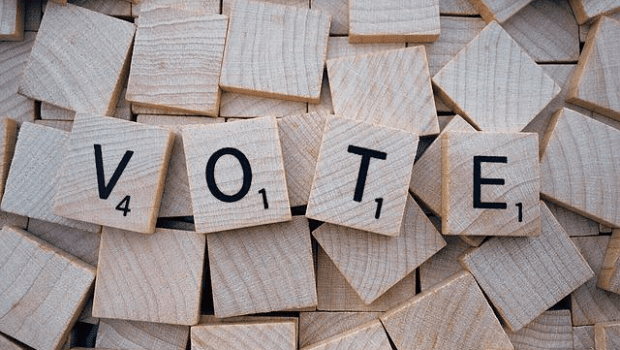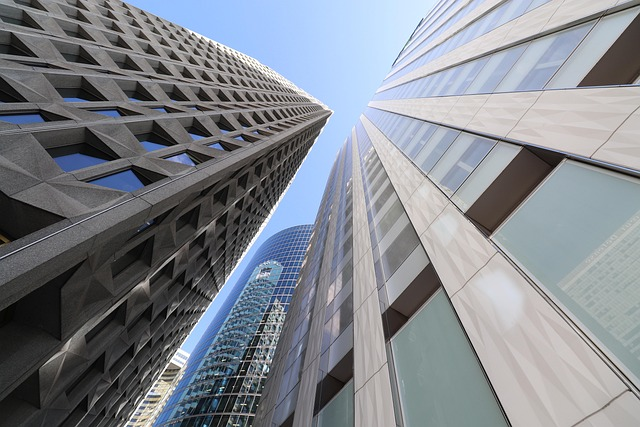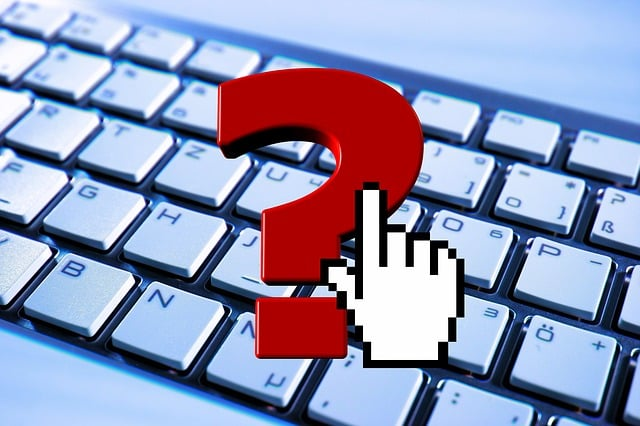-

-
Published on
24/05/2022
by Any Business.Com.Au
Small Business and Big Influences: Elections, Rates and Pandemics
It has undoubtedly been a huge time for our country of late. Aside from the obvious change of government at the weekend, there's been a number of factors influencing Australian small businesses, from extreme weather events and the covid pandemic to overseas conflicts and of course the recent rise in the official cash rate.
Earlier this month the Reserve Bank of Australia (RBA) decided now was the right time to begin withdrawing some of the monetary support that has been in place to assist the Australian economy during the pandemic.
According to the RBA, the economy has proven to be resilient and inflation has picked up quicker than expected. The RBA said there was also evidence that wages growth was also on the rise which lead to the decision to begin the process of "normalising monetary conditions".
On the election trail, Labor leader Anthony Albanese backed an increase to the minimum wage of at least 5.1 per cent to keep up with inflation. A formal Labor submission to the Fair Work Commission's annual review of the minimum wage is expected to make the case for an increase.
So as a current small business owner or someone looking to purchase a small business, how could the above affect you?
Sell A Business, Business Broker John Rigby explains that rising rates in particular can influence small business owners or potential buyers of businesses in a number of ways.
"First off, with rising rates, loans become more expensive," Mr Rigby said. "You end up paying more for your money and inevitably the debt repayment term is longer."
He said short term loans from banks for unexpected expenses or expansion plans could also become difficult to obtain.
"Rising interest rates also mean spending habits can slip backwards. Customers are left with reduced amounts of disposable income to spend on products ands services, resulting in a negative overall effect," he added.
Despite a change in government, the Anthony Albanese lead Labor Party did not have much for small businesses during this election campaign.
Labor made about $18.9 billion of spending commitments on its way to winning the 2022 federal election and has outlined $11.5 billion in cuts to government spending and new revenue measures to cover some of its plans.
In response to increasing cost-of-living pressures, the party announced more generous childcare subsidies, housing affordability measures and cheaper medicines, while holding out the hope of better pay for workers. It also asked Australians to back it to act on climate change, aged care, a federal integrity commission and a "made in Australia" industry policy.
Related articles



